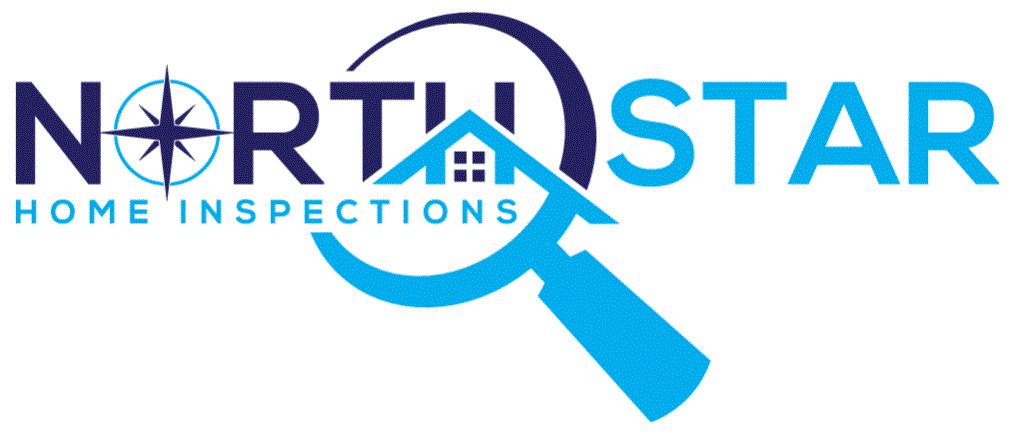Fresh from the county of Fairfax, Land and Development Services (LDS) class entitled “Permits 101”. I was glad to sit in on this because the only thing worse than an unexpected home improvement project (costing thousands to fix) is when you hire a contractor and … he does not even come close to meeting your expectations. The truth is that all homes require maintenance and most (all?) will eventually require at least one or two major projects in your lifetime. This is to be expected. However, I advise you to go an extra mile to vet, monitor/manage and verify any and all contractors whom you intend to trust. Most are just fine, but the risks associated with hiring a “bad egg” are large enough that you simply cannot afford to let one into your world. Remember it may be the workers who drop the ball, not your project coordinator, so even he has his challenges.
Here are ten tips from the LDS on staff with Fairfax County. They are fairly self-explanatory; I provide editorial comment along the way. Please reply with any comments, agreements, disagreements or lessons learned!
- Hire only licensed contractors. No if, ands or buts. Do not deviate from this.
- Check the status of the contractor’s license; you can verify their license by browsing the Commonwealth’s Department of Professional and Occupational Regulation (DPOR) here: https://www.dpor.virginia.gov/LicenseLookup/
- Obtain three different bids for any significant project.
- Obtain and check… yes… call three references. (This is not a bother; anyone like yourself, would be pleased to tell you their experience with the contractor!).
- Insist on a written quote and contract (if necessary) and do not sign it until you understand all work, terms, conditions and timelines. Remember that there is a caveat emptor (i.e., buyer beware) aspect to the law. Trust but always verify.
- Pay only 10% down as earnest money to commence the project, or $1000, which ever is less.
- Do not let payments to the contractor get ahead of work. Keep very meticulous records. Be ready to pay when work is completed and inspected by you or your home inspector. (I added the second part 😊 )
- Do not make a final payment until you are satisfied with the project.
- Do not pay cash. Tell the contractor, I will be paying by check. This sets an expectation … “I do all things above board”.
- Stay very organized digitally and in your paper files;
Bonus tips from Inspector Dan:
- Ask a ton of questions. Make sure s/he knows you’ll be paying attention.
- Consider hiring a local home inspector to do this with you; and budget and schedule them into the project. They know how to ask good questions.
- INSIST that all work be pursuant to modern building code stipulations. Let the County code inspector be the bad guy, if there is a dispute. But remember, the code is a minimum standard. (I avoided a bad experience where he “saved my bacon” and ended up being correct, although it was a pain… I give the code inspector due credit for being right!).
- Although you may have patience for it, I recommend your contractor pull, post and manage the permits. Additionally, have them schedule (and be available) for the requisite County inspections. Typically, whom ever applies for the permits, manages the follow-up inspection. Unless you have a special patience, let them do this work and check their fee, which should not be too much. Remember, a permit is merely paperwork, not labor in the traditional sense (shovels, tools, etc.). Finally, your name or an inspector’s name can usually be added to the permit application as an administrative note (i.e., permission), in case you need a third party to support you.
- To get clarity on when a permit is required, point your browser here: https://www.fairfaxcounty.gov/landdevelopment/when-permit-required
- Do not forget to obtain additional drawings of the project for your own team. Tell the contractor: “I will need two (etc.) sets of drawings for myself”.
- Consider a camera on site (out of the way) to monitor the progress (and whatever else needs monitoring…).
- If you have pets, let the contractor know all sharps/nails/screws, etc. need to be collected from the yard and job site; and chemicals sealed, each day.
- Schedule your own task: change the HVAC air filters when the project is done. They’ll probably need it.
- You may care to take pictures before and after the project. ((Where did they put that pipe??))
- If the project is large, you may want to double check your own general liability coverage for ‘contractors on your premises’.
- Question: I am looking for a way to bonus the contractor for excellent work. If you have any ideas, please reply!





